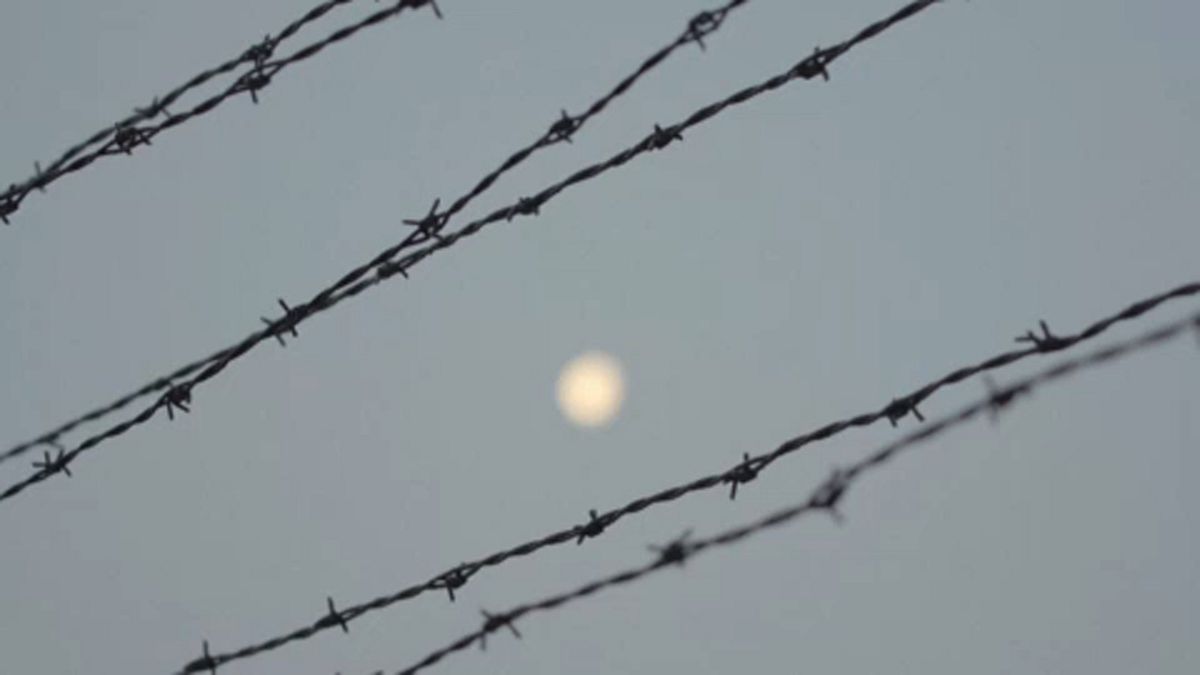As President Duda warns against false narratives, Euronews takes a look at the warring perspectives of Poland and Russia.
Before War broke out in Europe, an agreement was signed between two men who would later become enemies. Stalin and Hitler had agreed not to attack each other.
For most it’s only piece of history but it’s now at the centre of a major political row.
"Adolf Hitler invaded Poland, it all started from there. But there have been consistent claims by the Poles whereby in the end the Soviet Union appears as a saver from Hitler is not the full story. That it is s important to recall that the invasion by Germany was prepared by the non-aggression pact with Stalin, but also thanks to a secret pact for the division of Poland between the two aggressors. So indeed German aggression came first, but only two weeks later another invasion followed, this time from the east and Soviet Union invaded," explains Pieter Lagrou, Professor of European History at Université Libre de Bruxelles.
As the world gathers to remember the 75th anniversary of the liberation of Auschwitz the bitter dispute is overshadowing commemorations with two competing ceremonies.
One in Jerusalem was not be attended by Polish leaders while the one planned on Monday will not feature the Russian President.
"President Putin is the head of Russian Federation, which took over from the Soviet Union. It was Soviet soldiers who liberated the prisoners of Oswiencim. It's army lost 600,000 people for liberation of Poland. Alas he was not invited this year for this Jubilee event. Let's leave it on the conscience of Mr Duda. Unfortunately in today's Poland we see numerous attempts to re-write history," says Vladimir Chizhov, Russian Ambassador to EU.
"Far from being a ‘liberator,’ the Soviet Union was a facilitator of Nazi Germany and a perpetrator of crimes of its own — before and after the liberation of Auschwitz," says Polish Prime Minister, Mateusz Morawiecki. "Given that the European Union was born from the ashes of World War II, we must guard against false narratives like those being peddled today."
Politically, the EU institutions are backing Poland. The Parliament passed a resolution blaming the outbreak of war on the nonaggression pact and the Commission has condemned what it called “any false claims that attempt to distort the history of the Second War World.
Politicians everywhere have always used the past to serve their own aims.
But for both the governments of Russia and Poland - much of their claim to history is central pillar to support - and it means they are unlikely to change that narrative anytime soon.
